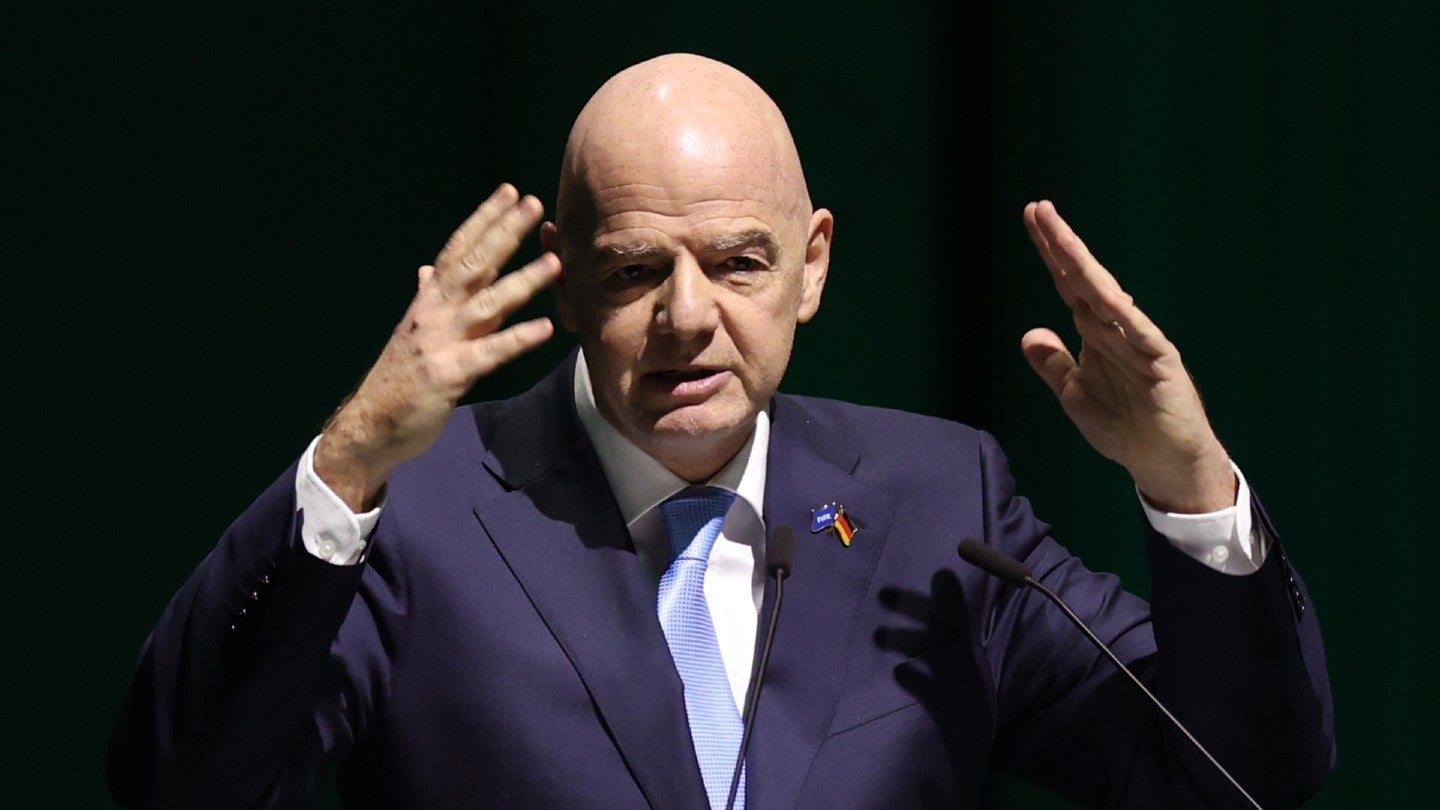
Global soccer governing body FIFA has launched a new regional tournament for Southeast Asia in collaboration with the area’s ASEAN pan-governmental organization.
The FIFA ASEAN Cup will be staged during the governing body's global national team match windows, to allow participating countries to utilize those windows to call up overseas talent, rather than relying solely on domestic players as in recent years.

Discover B2B Marketing That Performs
Combine business intelligence and editorial excellence to reach engaged professionals across 36 leading media platforms.
FIFA president Gianni Infantino revealed the concept at the 2025 ASEAN Summit, which took place in Kuala Lumpur, commenting: “The FIFA ASEAN Cup will be a great success, strengthening national teams across Southeast Asia and supporting the growth of the sport throughout our region.
“It will not only elevate ASEAN football internationally but also provide a platform for the region’s best players to shine on the global stage.
“Through the FIFA ASEAN Cup, we are uniting countries and strengthening football’s role as a tool for peace, pride, and progress.”
Despite Infantino’s comments, there is still much that is up in the air about this new competition format, particularly how it will affect the existing biennial ASEAN Championship tournament.

US Tariffs are shifting - will you react or anticipate?
Don’t let policy changes catch you off guard. Stay proactive with real-time data and expert analysis.
By GlobalDataThough FIFA seemed to indicate that the two tournaments would happen in concert with each other, the introduction of a new regional format could spell trouble for the incumbent competition.
Given that the ASEAN Championship occurs in a single block outside of FIFA regulation windows, clubs are not obliged to release players to national team duty, which has affected participants who, in the past, have not been able to call upon high-profile overseas players to participate.
Furthermore, earlier this year, the ASEAN Football Federation (AFF) governing body agreed a lucrative title sponsorship deal for the tournament with major South Korean automotive brand Hyundai, a multi-year partnership that only begins in 2026, and covers three other major ASEAN tournaments.
Though Hyundai is a long-term partner of FIFA (since 1999) in a deal running through 2030, it remains that the inclusion of a new ASEAN national team tournament could adversely affect sponsorship and media rights values related to the existing ASEAN Championship, and potentially ASEAN’s relationship with commercial agency Sportfive (which manages the ASEAN Championship).
Other ASEAN competition sponsors include regional insurance conglomerate MSIG, global hotel and hospitality chain Accor, and match ball supplier Adidas.
On the other hand, a new regional tournament could also grant the AFF more broadcast and sponsorship inventory to sell, which could prove beneficial to national teams seeking funding to mount World Cup qualification charges.
In recent years, with the expansion of the FIFA World Cup to 48 teams, ASEAN member federations have been seeking an increase in the number of elite competitive fixtures to improve the quality of national team performance.
The 12-member AFF is made up of Australia, Brunei, Cambodia, Indonesia, Laos, Malaysia, Myanmar, the Philippines, Singapore, Thailand, Timor-Leste, and Vietnam, although Australia, by nature of its high FIFA rank relative to other AFF members, does not typically participate in regional AFF competition.



